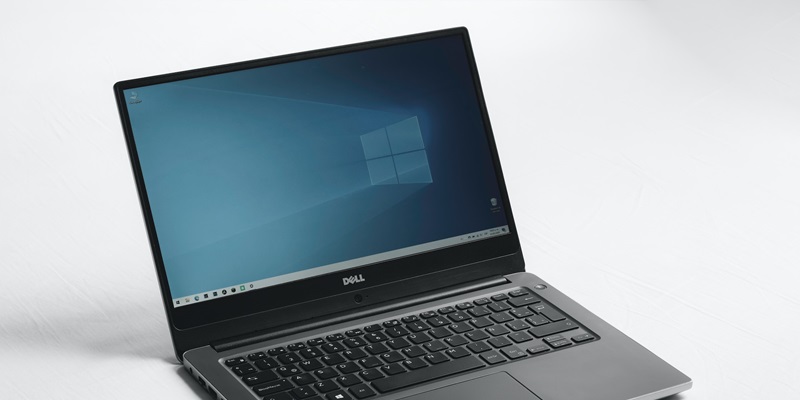Lenovo, a leading technology company, has recently revealed the existence of multiple BIOS security vulnerabilities that have the potential to impact various vendors. In their new security advisory, Lenovo highlights the possible consequences of these vulnerabilities, including information disclosure and arbitrary code execution. Perhaps most concerning is the fact that the scope of impact for these vulnerabilities has been identified as “industry-wide,” indicating the widespread nature of the risks.
Vulnerability Overview
Lenovo has reported a total of 26 Common Vulnerabilities and Exposures (CVEs) associated with multiple BIOS vendors. All of these CVEs have been categorized with a high severity rating, underscoring the urgency for users to address these vulnerabilities promptly.
CVE-2023-5075 vulnerability
One specific vulnerability that Lenovo has identified is CVE-2023-5075, which exists in the BIOS of some Lenovo Notebook products. This particular vulnerability allows a local threat actor to elevate their privileges, subsequently granting them the ability to execute arbitrary code on the affected device. The potential for unauthorized access and malicious actions presents a significant risk to user data and system integrity.
CVE-2023-5078 vulnerability
Another noteworthy vulnerability is CVE-2023-5078, which is present in the BIOS of select Lenovo ThinkPad products. Exploiting this vulnerability is contingent upon physical access to the system. If achieved, a threat actor can escalate their privileges and modify the BIOS firmware, potentially compromising the entire device and its functionalities. This vulnerability underscores the importance of physical security measures to protect against unauthorized access.
Privilege Escalation Vulnerability in Desktop, Smart Edge, and ThinkStation Products
Lenovo has also discovered a privilege escalation vulnerability in their desktop, Smart Edge, and ThinkStation products. This particular vulnerability enables a local threat actor to elevate their privileges, thereby granting them the ability to execute write-to NVRAM variables. The potential impact of this vulnerability could be extensive, as it compromises the integrity and security of the affected device.
Mitigation measures
To enhance the security of the affected products, Lenovo strongly advises users to upgrade their system firmware to the most recent version based on their specific model and the product impact list provided. By following this recommendation, users can effectively address potential vulnerabilities and ensure a safer and more reliable user experience. Lenovo emphasizes the crucial role firmware updates play in safeguarding against security risks and encourages users to promptly apply the necessary updates.
Affected products
Lenovo’s security advisory explicitly states that the vulnerabilities affect Desktop, Smart Edge, and ThinkStation products. The inclusion of these popular devices underscores the urgency for users of these models to take immediate action and upgrade their system firmware.
The disclosure of multiple BIOS security vulnerabilities by Lenovo serves as a stark reminder of the constant need for vigilance in ensuring product security. The potential impacts of these vulnerabilities, such as information disclosure and arbitrary code execution, highlight the risks users face when operating devices that are not adequately protected. To mitigate these risks and promote enhanced security, Lenovo advises users to promptly upgrade their system firmware to the most recent version according to their respective models and the provided product impact list. By taking these proactive measures, users can protect themselves against potential threats, thereby ensuring a safer and more reliable user experience.

